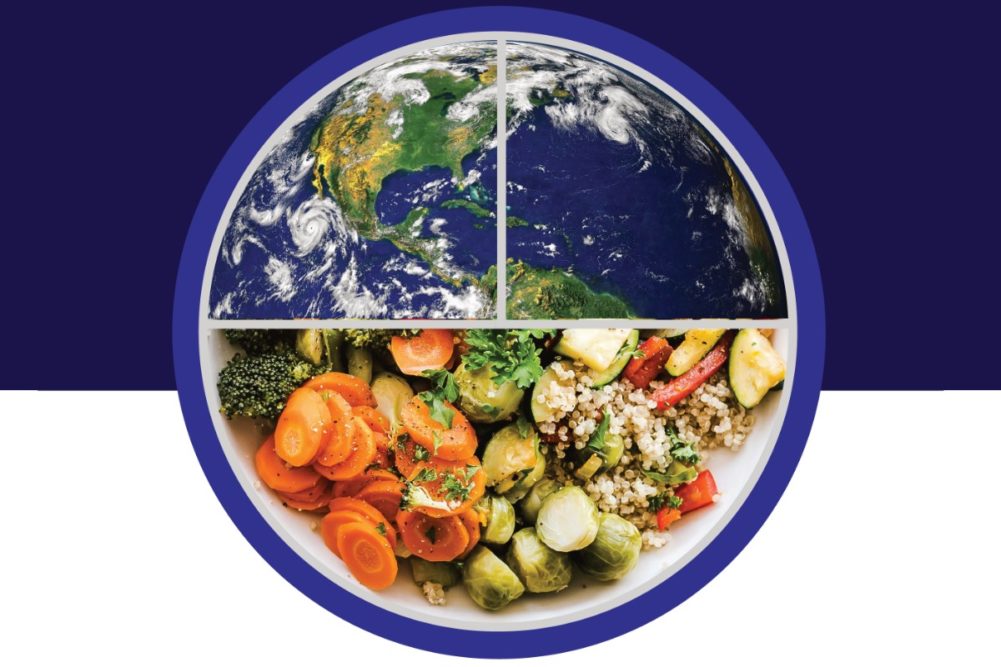WASHINGTON — Information may be a bigger barrier to adopting plant-based foods than taste, according to a national survey by the Yale Program on Climate Change and the Earth Day Network.
Approximately 55 percent of Americans said they are willing to eat more plant-based meat alternatives, and 54 percent said they are willing to cut back on red meat consumption. A little less than half said they would consider using dairy alternatives, and about a quarter said they would eat lab-grown meat.
The majority of respondents said they would eat more plant-based foods if they had more information about the environmental impact of their food choices. Around 70 percent said they rarely or never talk about this issue with family or friends. Nearly two-thirds reported never having been asked to eat more plant-based foods.
A little less than 30 percent said they never hear about the environmental impact of different foods, compared to 16 percent who said they hear about the issue at least once a month. Two out of every three consumers surveyed said they never look for information about sustainable food.
“Many American consumers are interested in eating a more healthy and climate-friendly diet,” said Anthony Leiserowitz, a researcher at the Yale Program on Climate Change. “However, many simply don't know yet which products are better or worse – a huge communication opportunity for food producers, distributors and sellers.”
The survey also found 1 in 5 Americans use plant-based dairy alternatives 2 to 5 times a week, while 1 in 10 regularly use meat alternatives.
Cost and convenience were other barriers to adoption. While close to 60 percent said plant-based alternatives are too expensive, 63 percent said they would eat plant-based over animal-based foods if plant-based cost less. About half of consumers said they think a meal with a plant-based main course is more expensive than a meal with a meat-based main course.
Taste was not an issue for most consumers. The majority (66 percent) said they don’t mind the taste of plant-based foods, though the same amount said they would eat more plant-based products if taste further improved.


